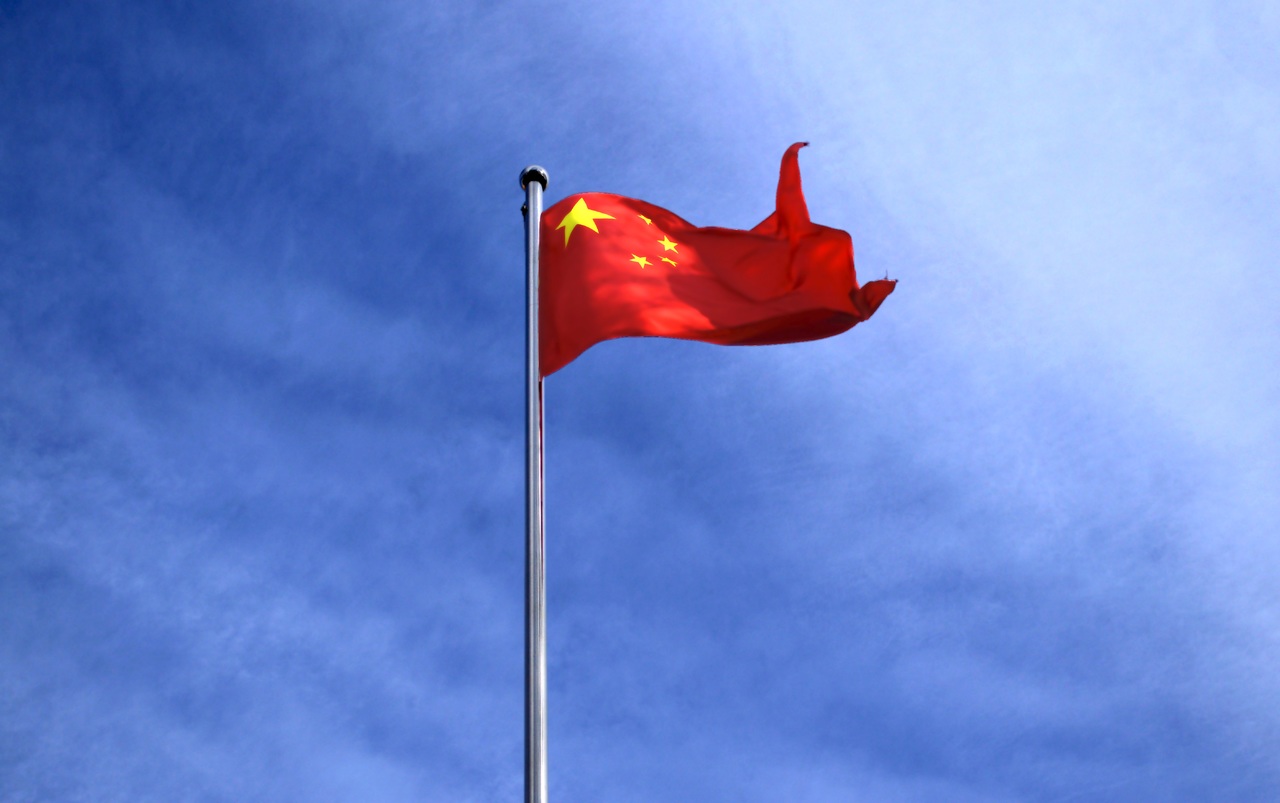Research institute Clingendael warns of Chinese attempts to influence higher education and research in the Netherlands. Lack of freedom in China leads to Dutch self-censorship
647 Chinese students attended the TU Delft as of 1 July 2020. (Photo: pxhere)
For years China appeared to be opening up more and more, states a report by Clingendael, but in recent years it has been quite the opposite. Censorship by the Chinese government is becoming stricter.
The Chinese policy is resulting in self-censorship among Dutch researchers, warns the institute that examines international relations. Certain issues do not get raised if they are sensitive in China, for example human rights or the origin of the COVID-19 virus.
Friendly suggestions
This self-censorship is encouraged by “friendly suggestions, advice or warnings” from Chinese colleagues. The report states that the Chinese government sometimes even exerts pressure directly, for example by refusing a visa or withdrawing financial support for a research project.
Clingendael points out the core values of Dutch science, such as academic freedom. “In China, where educational institutions cannot operate independently from the Chinese government, academic freedoms do not apply, and where censorship occurs on a massive scale, these core values are not anchored in education and research,” according to the report.
‘As long as we can openly publish everything we do together, you’ve covered the problem’
The TU Delft also has to deal with this. In an earlier interview (24 June 2019), board member Rob Mudde said: “Academic freedom is a great asset. From my own experience, I can say that working with Chinese researchers is very open. I have worked with them myself and we have strived on both sides for the academic openness that we experience here as normal: publishing, going to conferences, sharing knowledge and approach. (…) We shouldn’t be naive. China soon becomes a competitor. Countries like that don’t take intellectual property very closely. As long as we can openly publish everything we do together, you’ve covered the problem.”
Yet it remains difficult to point to direct influence from China. Could the Confucius Institutes that have opened in Maastricht and Groningen have something to do with it? In Brussels, for example, the director has been accused of collaborating with the Chinese intelligence service and elsewhere the institutes have been forced to close their doors as well.
Extensions
They are “extensions of the Chinese state,” the researchers write. Therefore, the government needs to beware of political influence from these institutes. Nevertheless, they conclude that there are as yet “no indications of the Confucius Institutes exerting political influence during lessons in higher education in the Netherlands.”
The government should also keep an eye on the influence of the Chinese embassy, which sometimes monitors Chinese students to see if they are keeping in line with Chinese protocol. “Some students are actively involved in the promotion of Chinese policy objectives.”
The Dutch parliament recently raised concerns on whether the Dutch government is alert enough to the collaboration between the local higher education and research and China. The government should consider treating Chinese students and researchers the same way it treats Iranians and North Koreans, states a unanimously adopted motion.
For the report, the researchers at Clingendael spoke to various parties involved. The government should be more open about its efforts, they say. “One group calls for us to collaborate more closely and the other reins us in; that creates uncertainty.”
It could get even more drastic. “A number of researchers feel the Netherlands should reconsider if large-scale institutional collaborations with China are really desirable,” the report states.
647 Chinese students
In Delft the research collaboration with China will be continued. A lot of money is available for research in China, which is important for TU Delft in a world where research funding seems to be becoming increasingly scarce, according to Mudde. “And for China it’s interesting to work with an institute like ours, because it allows them to increase their potential. In twenty years’ time, China will have to acquire a position that has taken us centuries to achieve. I understand why China sends out a lot of students and wants to work together. You don’t just stamp a university out of the ground. You need skilled people to do that.”
All Dutch universities work together with Chinese knowledge institutions in the area of education or research “in all branches of science,” according to Clingendael. Certain universities have “joint Chinese-Dutch laboratories in China”. The TU Delft has these Joint Research Centres in China:
- The Beijing Research Centre in collaboration with the Institute of Semiconductor/Chinese Academy of Science in the field of solid state lighting such as LED lighting.
- Research in geo-information with Wuhan University.
- A collaboration with the South China University of Technology in Guangzhou in the field of sustainable and smart infrastructure in cities.
Statistics Netherlands recently reported there are around 4,500 Chinese students attending Dutch universities and universities of applied science. At TU Delft, the figure was 647 on the reference date of 1 July 2020. By way of comparison: Indian students make up the largest group of internationals in Delft: 890. A total of 23,553 students were enrolled at TU Delft on 1 July.
HOP, Bas Belleman / Saskia Bonger
Do you have a question or comment about this article?
redactie@hogeronderwijspersbureau.nl


Comments are closed.